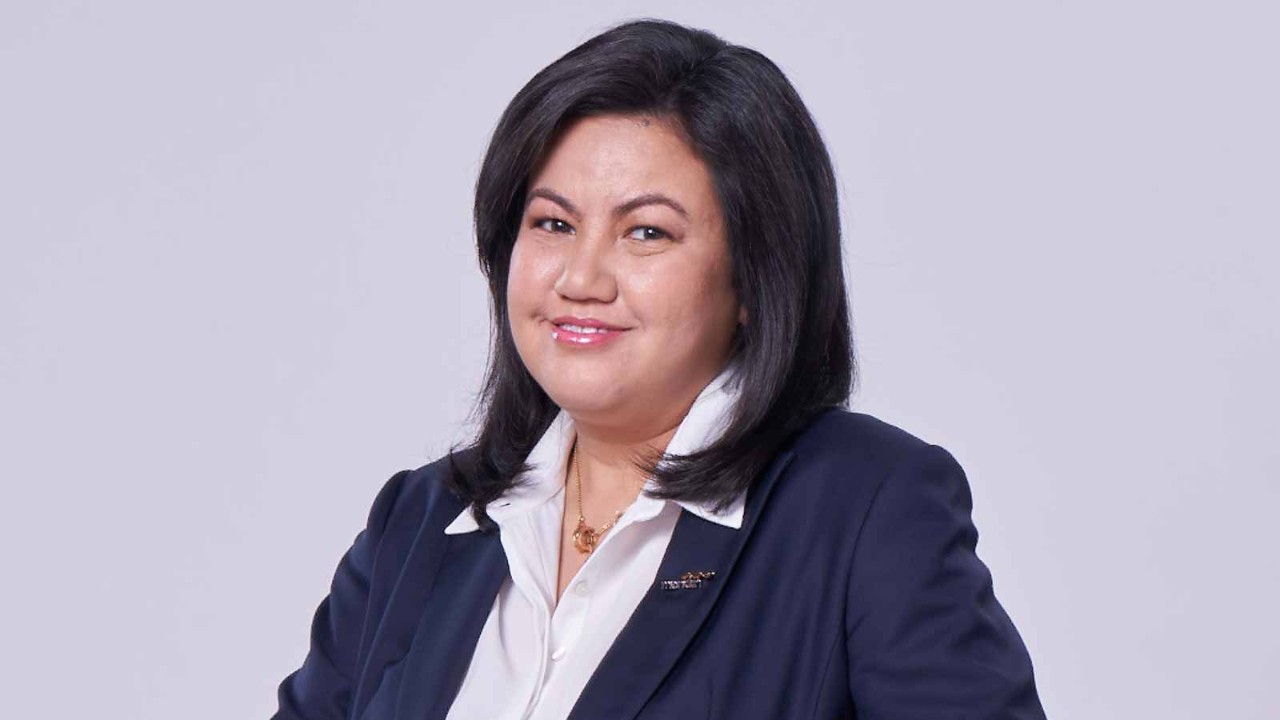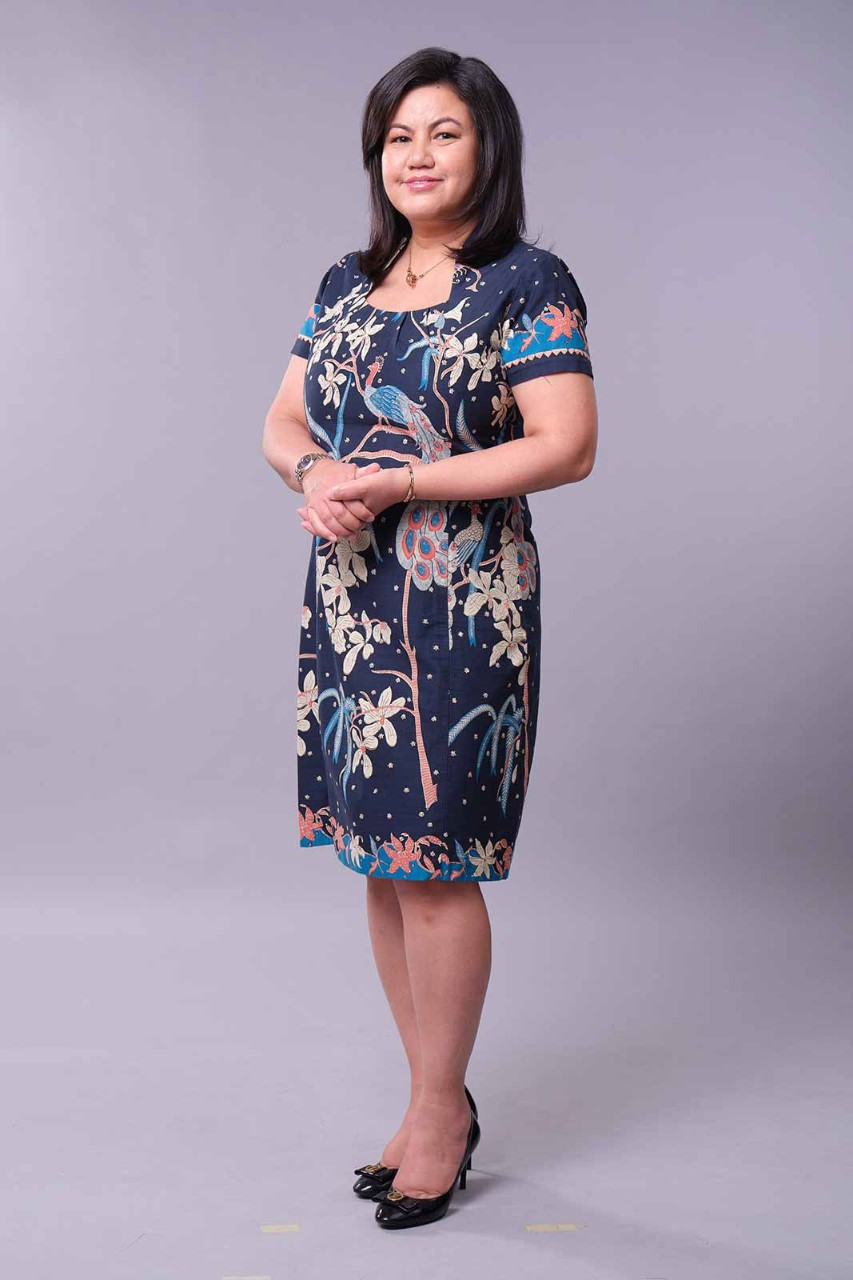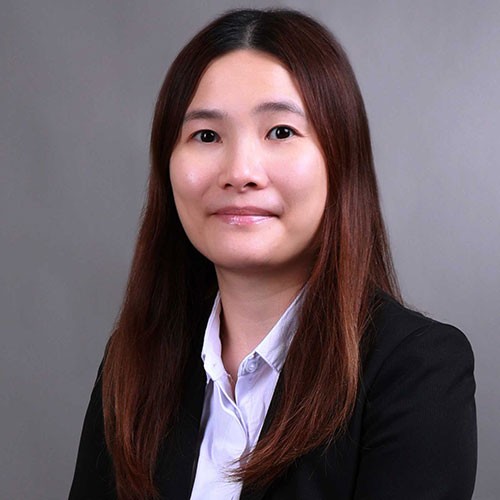
Nawal Nely joined Indonesia’s Ministry of State-Owned Enterprises in 2020, just as the Covid-19 pandemic made an impact on the global economy. In a newly-created role of deputy for finance and risk management for Portfolio SOE – comprising over 40 major state-owned enterprises (SOEs) – her responsibilities include improving the transparency and integrity of financial reporting.
‘Of all the roles that I have undertaken, I am most challenged and rewarded by this one,’ says Nely. ‘Challenged because of the scope and size of the reporting entity, and rewarded because it has given me the opportunity to make an impact on my country in the field that I am most passionate about – finance and accounting.’
The quality of financial reporting of SOEs since 2020 has significantly improved

The organisations under Nely’s remit operate in multiple sectors – banking, energy, insurance, infrastructure, mining and manufacturing. With combined assets of US$650bn, they generate significant economic benefits for the country through their fiscal contribution, job creation and value building.
Stronger internal controls
Since 2020, several ministry-level regulations have been issued setting out corporate governance rules and good practice in financial reporting, risk management and financial planning. The legislation is driven by the ministry’s pursuit of the environmental, social and governance (ESG) agenda to achieve sustainable growth as well as Indonesia’s bid for membership of the Organisation for Economic Co-operation and Development (OECD).
The quality of financial reporting of Indonesian SOEs has significantly improved since Nely’s appointment. There are now more disclosures at the level of the individual reporting SOEs as well as with the combined financial statement issued by Portfolio SOE.
For the next two to four years, the objective is to further improve the internal control over financial reporting of the individual SOEs to allow for greater integrity and timeliness.
‘We have launched an initiative to require diagnostics on the effectiveness of internal control over financial reporting of the SOEs,’ explains Nely. ‘We hope this will allow us to issue legislation for a more formal periodic assurance on the effectiveness of the internal controls. This is a medium-term initiative, and we are committed to putting in the effort and resources to make it happen.’
‘We all need to remain open-minded about change and have the humility to learn new things’
This is the first step towards a more rigorous corporate governance landscape that takes a leaf from the 2002 Sarbanes-Oxley Act in the US. Sarbanes-Oxley established sweeping auditing and financial regulations for US public companies, including the requirement for all financial reports to include an audit on the effectiveness of internal controls over financial reporting.
Other countries have also adopted this model, as it has been effective in reducing the number of financial restatements and frauds, and to a great extent has improved trust in the capital markets.
‘It is about time that we do this in Indonesia, especially if we want to have a more robust economy and capital market,’ Nely says.
Change management
For Nely, her earlier experience working at EY equipped her with many transferable skills, including a commitment to independence and good corporate governance, and building inclusive teams that are constructively critical in the pursuit of better outcomes. The most gratifying part of the journey to date, she says, has been the formation of the finance and risk management team and collaboration with the CFOs of the SOEs.
‘Collaboration is the most rewarding aspect of this experience’
‘The financial statements at the Portfolio SOE level have been issued since 2020 thanks to the team members in the ministry and the CFO teams in each of the SOEs,’ she says. ‘This collaboration is the most rewarding aspect of this experience. This is a team that has worked together to undertake a process that was not there before to create something very strategic – the combined financial statement of Portfolio SOE. With this collaboration, a greater sense of shared ownership is created, and I hope that this spirit continues.’
In mentoring her team members, Nely’s advice has been gleaned from years working in finance and accounting. ‘I encourage my team consistently to pursue the finance specialisation that most appeals to them, to strengthen their technical skills and pursue professional qualifications. If individuals need to further their education to build their mastery in specific fields, I encourage them to go for it. I also encourage them to be responsible in the workplace, not just for their own growth but also the growth and dynamics of the team as a whole.’
She adds: ‘It has been a rewarding journey. We all need to remain open-minded about change and have the humility to learn new things.’


